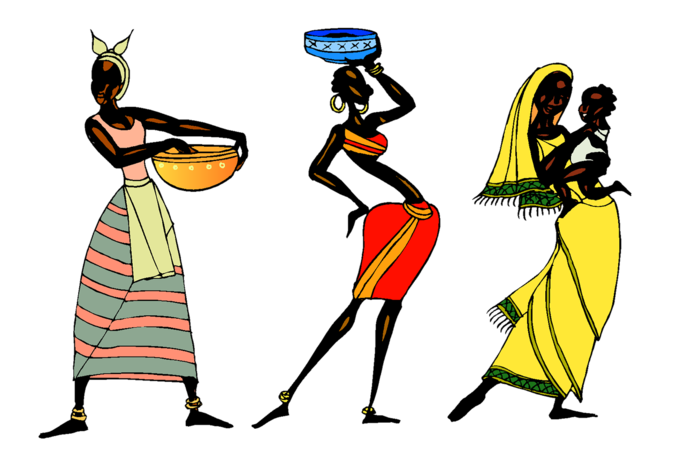To keep our guesthouse refreshed, a team of three used to enter my room every day. Usually, it consisted of two girls and a boy. Or, you could call them women and men. They are still in their youth. Young women and men.
In the morning, I heard the noise of knocking at my door, with the sound of ‘sir’ being called. I opened the door. Today, only two of them entered my room. On the same floor, there are three rooms.
They are energetic. They talk in Hausa, the local language, among themselves, about things including politics. Good in English. In Nigeria, in markets, you can get your work done in English.
I kept my door open. They entered with their equipment: mop, cover for the pillows, bed sheet, towel, air freshener and a few more items.
‘So, only two of you, today?’ I asked
‘Yes, sir. Others travelled out. We both are in Maiduguri’ one of them replied. She usually brings a lot of talk with her. I can also add ‘talking’ into their equipment, a part of their toolbox.
I knew what she means by ‘travelled out’. For the same reason, even though today is Friday, I did not go to the office. Yesterday, the office requested us to work from home.
Then, she continued. ‘They travelled to cast their vote’. She looked at me while changing the bed sheet. I am with my laptop, checking emails. The last email reads: ‘The United Nations Department of Safety and Security (UNDSS) have advised that we work from home on Monday and Tuesday, 18-19 February’.
This is the time the election results are announced. People travelling out of the country will know the impact of the vote. The impact at the personal level. The impact at the national level. The impact on their future. The impact of whether they want to travel out or continue remaining in Maiduguri. It means – for different voters – different meanings.
Tomorrow is the presidential election. Two major parties are engaged in election engineering. The current President Bukari is from APC while Atiku represents PDP. The Borno state with Maiduguri is the capital, where APC is dominant politically. I don’t have an excellent political analysis of the percentage of their constituents. It could be closer to 90 or so.
‘So, you are travelling to Askira Uba?’ I knew that she is from that Local Government Area (LGA). I recalled the past conversations I had with her. That was my first encounter with her, since she and I had talked, two years ago.
‘No, sir. No. I am not travelling. I am staying in Maiduguri with my mom since I moved from Askira Uba’ she responded.
And changed the cases for the pillows.
‘When did you move to Maiduguri? I continued.
‘In 2014’ She discontinued her work and looked at me.
‘Why did you move?’
‘Our house was burned in the conflict. My father and my brother were killed by the group.’ Her voice came out in a very low pitch. She did not open her lips for a few seconds.
No words. Silence. I maintained the same.
And, she continued ‘I was in the university at that time. Second year. I stopped my studies. Moved to work, sir. I supported my sisters to continue their studies. I want to go back to learning ‘ she added.
‘Great. That’s good’ I supported her.
‘Tomorrow, I will vote’ She came back to the current political context.
‘For whom?’ That question just came out from my mouth, the question that I should not ask.
‘For PDP. I know PDP will not win. But I am not going to give my vote to APC’ She laughed.
My room is full of her laughs and smiles.



